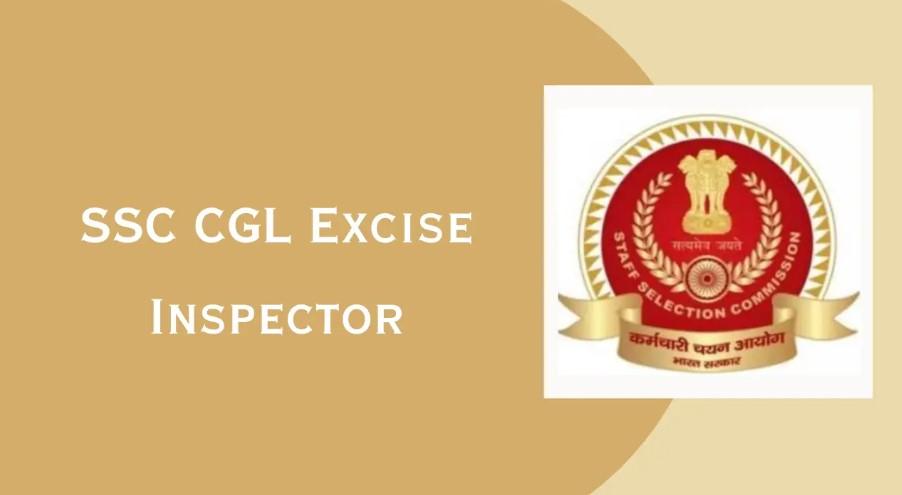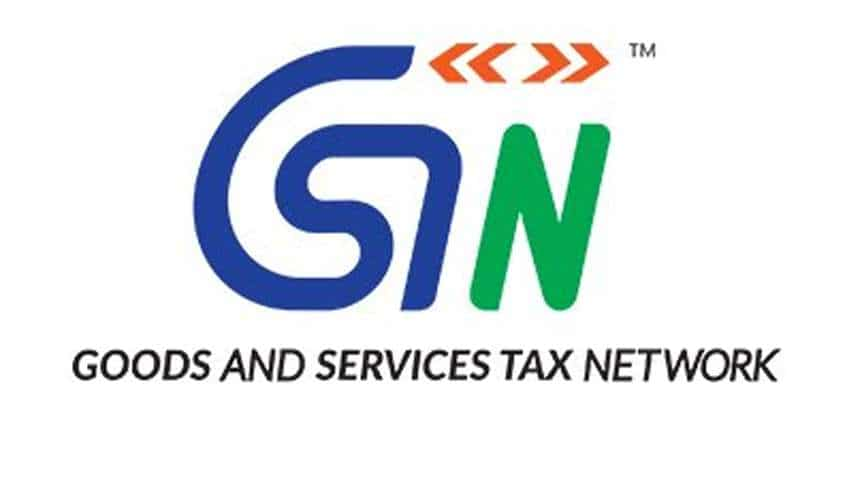Section 15(1) of the Act provides that the value of a supply of goods or services or both shall be the transaction value, which is the price actually paid or payable for the said supply of goods or services or both where the supplier and the recipient of the supply are not related and the price is the sole consideration for the supply.

Section 15(4) of the Act provides that where the value of the supply of goods or services or both cannot be determined under sub-section (1), the same shall be determined in such manner as may be prescribed. section 15(5) provides that notwithstanding anything contained in sub-section (1) or sub-section (4), the value of such supplies as may be notified by the Government on the recommendations of the Council shall be determined in such manner as may be prescribed.
The explanation to section 15(5) clarified that the persons shall be deemed to ‘related person’, if-
- such persons are officers or directors of one another’s businesses;
- such persons are legally recognized partners in business;
- such persons are employer and employee;
- any person directly or indirectly owns, controls or holds twenty-five per cent. or more of the outstanding voting stock or shares of both of them;
- one of them directly or indirectly controls the other;
- both of them are directly or indirectly controlled by a third person;
- together they directly or indirectly control a third person; or
- they are members of the same family;
The term “person” also includes legal persons. The persons who are associated in the business of one another in that one is the sole agent or sole distributor or sole concessionaire, howsoever described, of the other, shall be deemed to be related.

Rule 28 of Goods and Services Tax Rules, 2017 (‘Rule’ for short) provides the procedure for the determination of the value of supply of goods or services or both between distinct persons or related persons other than through agents. Rule 28 provides that the value of the supply of goods or services or both between distinct persons as specified in sub-section (4) and (5) of section 25 or where the supplier and recipient are related, other than where the supply is made through an agent, shall-
- be the open market value of such supply;
- if the open market value is not available, be the value of supply of goods or services of like kind and quality;
- if the value is not determinable under clause (a) or (b), be the value as determined by the application of rule 30 or rule 31, in that order.
Proviso – 1 “Where the goods are intended for further supply as such by the recipient, the value shall, at the option of the supplier, be an amount equivalent to ninety percent of the price charged for the supply of goods of like kind and quality by the recipient to his customer not being a related person.
Proviso 2 – Where the recipient is eligible for full input tax credit, the value declared in the invoice shall be deemed to be the open market value of the goods or services.
Appellate Authority for Advance Ruling In re ‘Specmakers Opticians Private Limited’ – 2020 (1) TMI 63 – AAAR, Tamil Nadu after AAR decided in the favour of revenue, the applicant appeal to AAAR. The appellant contended that the appellant will be entitled to adopt any value range for supply of these items to their branches when their branches are entitled to take full credit of the tax paid and such values, therefore, adopted by the appellant are to be treated as open market value for the purposes of CGST Act and Rules.
The claim of the appellant is that when the recipient is eligible for the credit, as per the second proviso to the Rule 28, the invoice value shall be the ‘Open Market Value’ and they need not apply the ‘Open Market Value’ as per the Explanation or to adopt an amount equivalent to ninety percent of the price charged by the recipient to the unrelated buyer as ruled by the Lower Authority. Both the provisos are independent catering to different situations. The appellant further contended that with the intention to avoid blocking of capital/funds, the legislature has provided a situation, where when the distinct person is eligible to take full input tax credit and is going to make further supply, then, in respect of initial supply, it is not necessary to adopt only open market value and pay higher tax and block such tax amounts.

The Appellate Authority for Advance Ruling found that there is no specific regulation in the said Rules that the rules are to be applied seriatim. A plain reading of this proviso gives an option to the person supplying to distinct or related person and do not mandate that the value of supply should be 90% of the ultimate sale value, even in such a scenario. The law provides the taxpayer an option to adopt 90% of the price charged as value to be adopted initially (i.e., supply between distinct persons) and in the alternative, in case of full Input tax being available to the recipient as credit, the invoice value is declared as ‘Open market value’. There is nothing to show that the second proviso is subordinate to the first. It independently deals with a scenario where the recipient is eligible for full input tax credit.
The Appellate Authority for Advance Ruling held that when the supply is to the distinct person of the appellant and the recipient is eligible for full Input tax credit, the second proviso provides the value declared in the invoice to be the ‘open market value’ for such transaction. Also the second proviso does not restrict its application as in the first proviso, which is to be applied for cases of ‘as such supply’ only. Therefore, the appellants may adopt the value for supply to distinct person as provided under Proviso 2 to Rule 28 of the CGST/TNGST Rules 2017.














